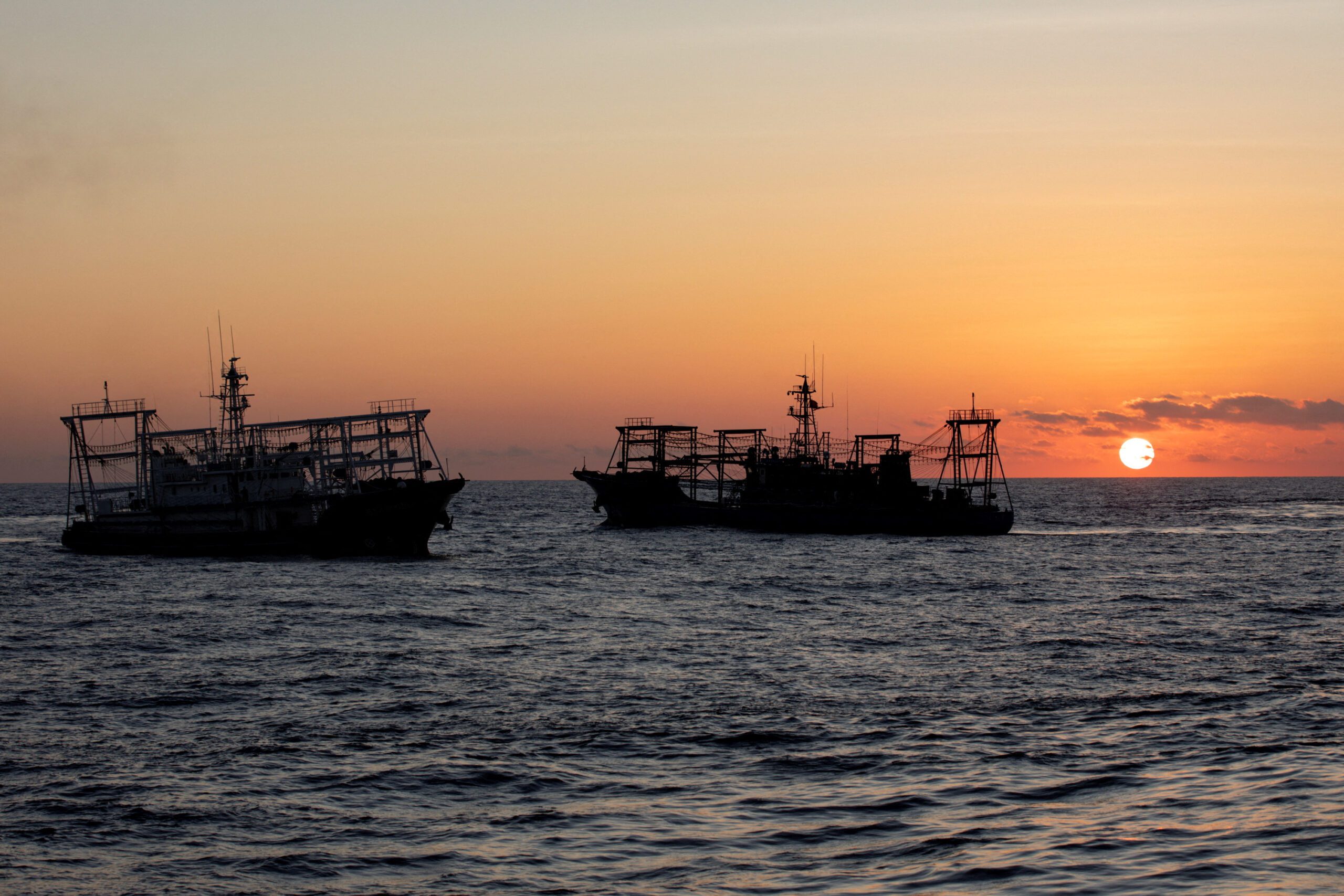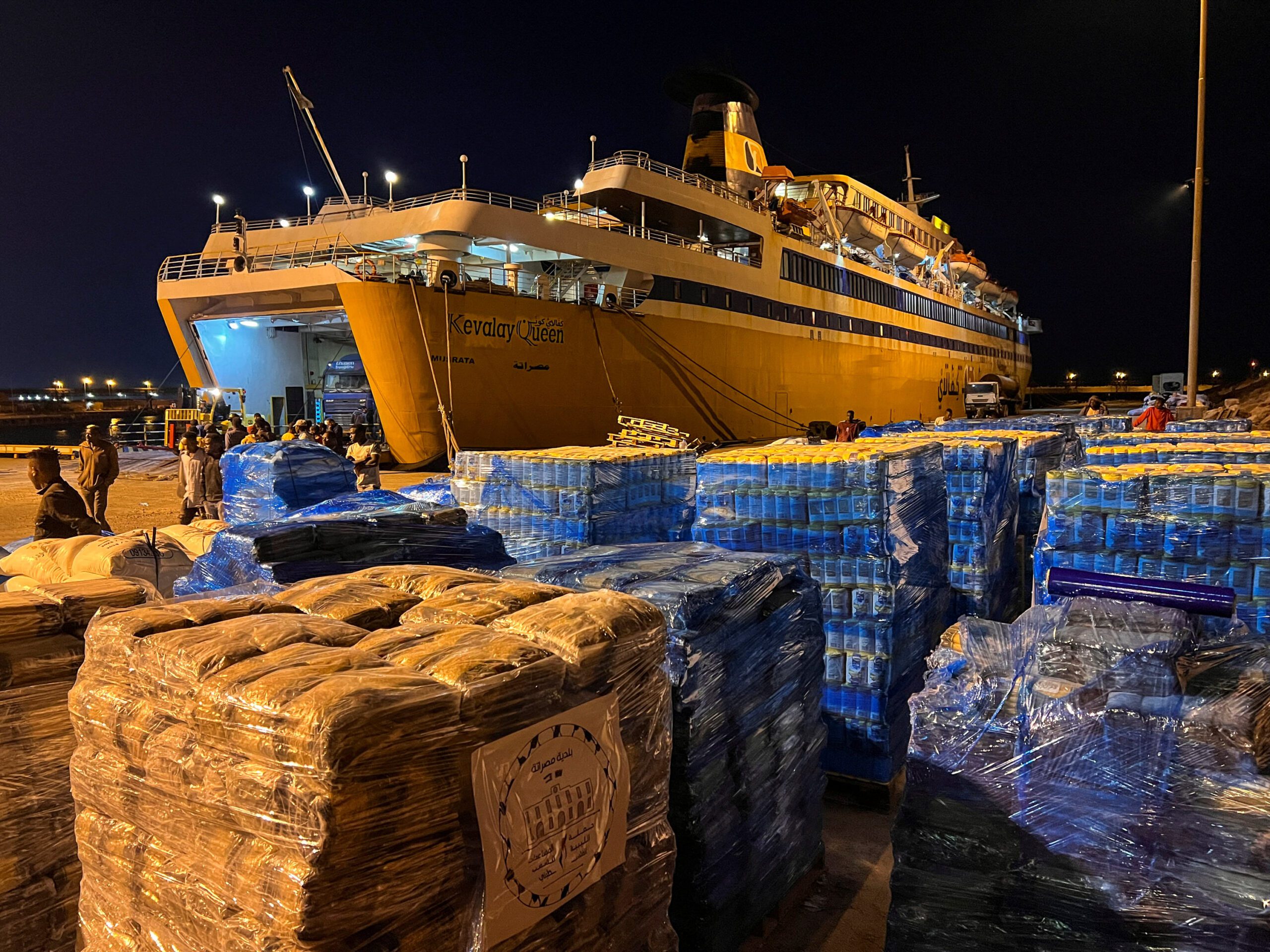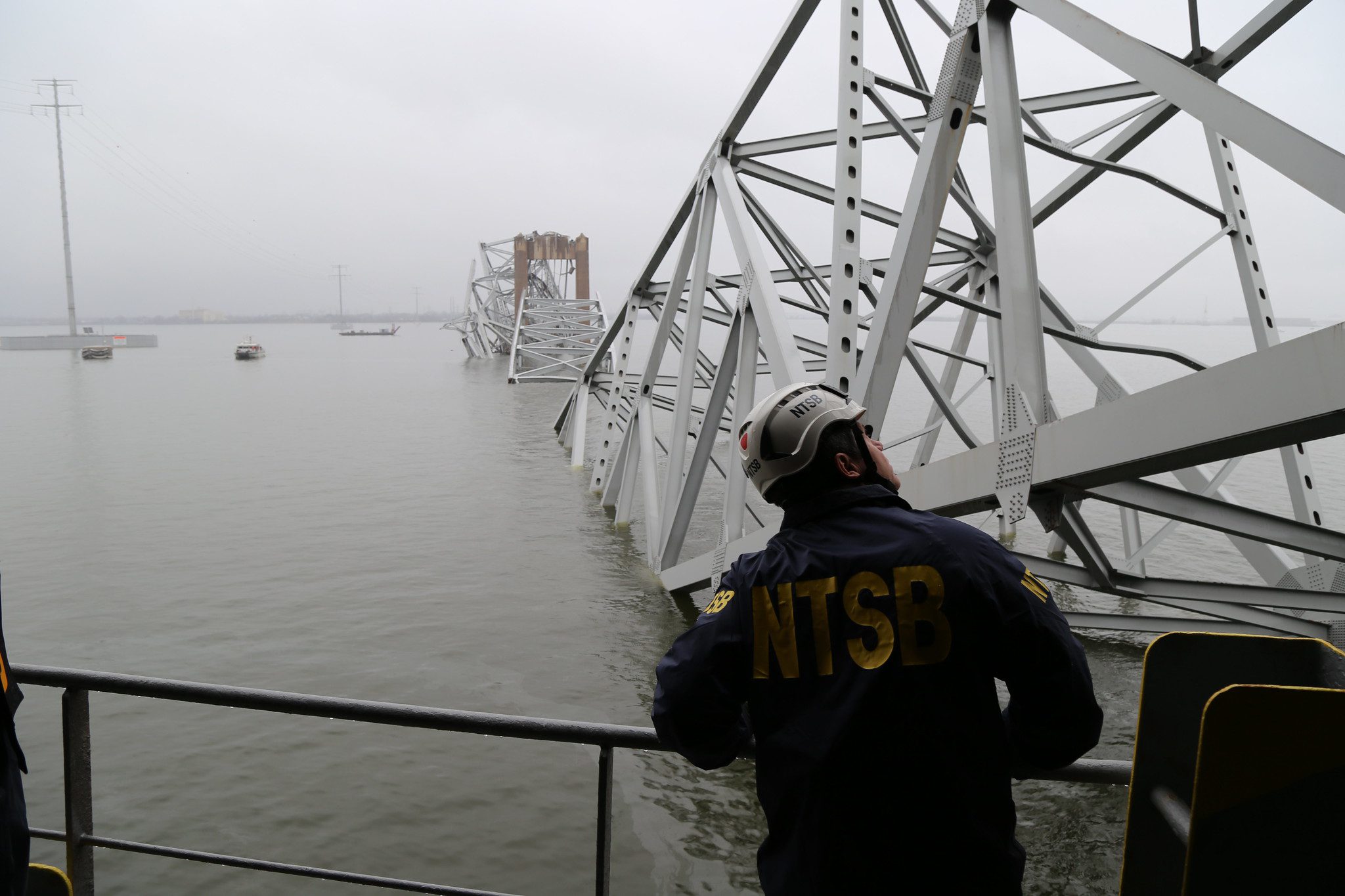Image (c) Lou Vest/OneEighteen
SINGAPORE – 20 August 2013 – The Maritime Labour Convention, 2006, also known as the “Seafarers Bill of Rights” has officially entered into force today.
This convention, which comes into force in 30 countries around the world today, provides international standards for seafarers’ rights such as:
- minimum age
- seafarers’ employment agreements
- hours of work or rest
- payment of wages
- paid annual leave
- repatriation at the end of contract
- onboard medical care
- the use of licensed private recruitment and placement services
- accommodation, food and catering
- health and safety protection and accident prevention and
- seafarers’ complaint handling
In total, 47 countries have ratified the convention, representing more than 50 percent of the world’s seafarers, and three quarters of the world’s gross tonnage of ships according to the International Labor Organization (ILO).
In a comment on the ILO website, Dr. Rosalie Balkin from the International Maritime Organization notes, “The Convention represents the ‘fourth pillar’ of maritime regulation covering international shipping, which transports more than 90% of world trade, and on which we all rely.”
The ILO notes that for the 1.5 million seafarers worldwide, this new convention “brings together, in one place, international minimum standards that ensure decent work.” This new convention also levels the playing field for shipowners to help ensure fair competition.
New requirements
As of today, the ILO notes:
“All commercially operated ships of 500 gross tonnage or over that fly the flag of any of the first 30 countries that brought the MLC, 2006 into force will, if they operate on international voyages, be required to carry, among other things, two specific documents: the Maritime Labour Certificate (MLC) and the Declaration of Maritime Labour Compliance (DMLC).
These documents will provide prima facie evidence that the ships are in compliance with the requirements of the Convention, including areas such as minimum age, seafarers’ employment agreements, hours of work or rest, payment of wages, onboard medical care, the use of licensed private recruitment and placement services, accommodation, and food and catering and health and safety protection and accident prevention.”
These documents will be subject to port state inspection when ships enter countries that have ratified the MLC, 2006.
In addition, the ILO says, “ships flying the flag of countries that have not ratified the MLC, 2006 are also subject to inspection with respect to working and living conditions for seafarers when those ships enter in port of countries where the MLC, 2006 is in force. This inspection, called “no more favourable treatment,” is an important aspect of the Convention, aimed at helping to ensure fair competition for ship-owners who comply with the MLC, 2006 by providing decent work for seafarers.”
On 16 August, Germany ratified MLC, 2006. Commenting on the ratification, Dr Ursula von der Leyen, German Federal Minister of Labour and Social Affairs said, “By ratifying and implementing the Maritime Labour Convention 2006, Germany makes its contribution to protect seafarers. International competition ought not result in deteriorating the working and living conditions of seafarers.”
The ILO notes the following are advantages directly tied to MLC, 2006:
A global reference on maritime labour issues
- 4th pillar of quality shipping (with SOLAS, STCW, MARPOL)
- A comprehensive set of basic maritime labour principles and rights
- Simplification of international requirements
- A strong enforcement regime, backed by a certification system
- Verifiable compliance with basic minimum employment and social requirements
- Application to all ships including those of non-ratifying Members
- Improved working and living conditions for seafarers
- A more secure and responsible maritime workforce
- A more socially responsible shipping industry
- Improved social dialogue at all levels
- Seafarers better informed of their rights and remedies
- Improved supervision at all levels: the ship, the company, the flag state, the port state, and the ILO
- Global and uniform compliance and verification
- Improved possibilities of keeping labour conditions up to date
- Permanent review of maritime labour situation
- Positive impact on safety at sea
- Positive impact on the protection of the environment
For Governments
- Simplification of reporting obligations (One Convention rather than many)
- Wider powers of enforcement on all ships
- Improved quality of shipping services
- Improved protection of the environment
- Additional flexibility with firmness of rights and flexible as how to implement, making the Convention easier to ratify and implement
- Certification system mandatory only for ships over 500 GT
- Protection against unfair competition from substandard ships through “No more favourable treatment” for ships of non-ratifying countries
- Implementation of mandatory requirements through measures that are substantially equivalent, except for Part V
- Advantages given to ships of ratifying countries
For Shipowners
- A more level playing field to help ensure fair competition and to marginalize substandard operations
- Will benefit from a system of certification, including a certification system possible for ships less than 500 GT, if the Shipowner so requests
- A more socially responsible shipping industry
- A better protected and more efficient workforce
- Help ensure that ships are operated safely and securely with few problems and few delays in ports
- New Convention contains minimum standards that are well within the current industry practice and should easily be met by most shipowners
For Seafarers
- A comprehensive set of basic maritime labour principles and rights as well as ILO fundamental rights
- Convention spells out in one place and clear language seafarers’ basic employment rights
- Seafarers better informed of their rights and of remedies available
- Improved enforcement of minimum working and living conditions
- Right to make complaints both on board and ashore
- Clear identification of who is the shipowner with overall responsibility, for the purposes of this Convention
Unlock Exclusive Insights Today!
Join the gCaptain Club for curated content, insider opinions, and vibrant community discussions.

 Join The Club
Join The Club













